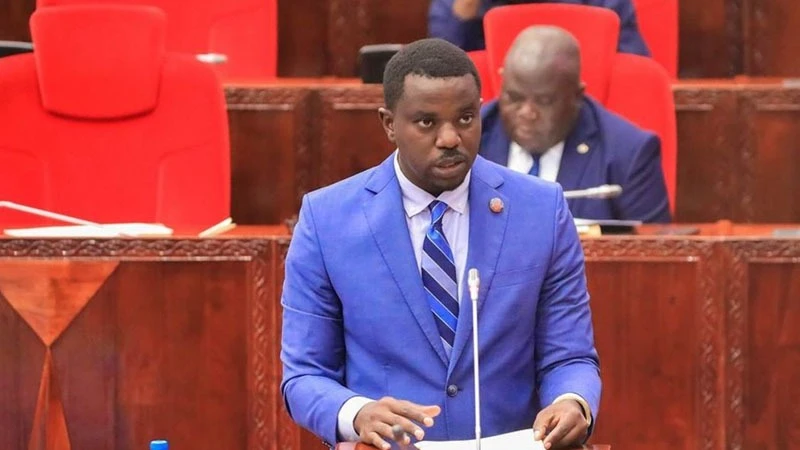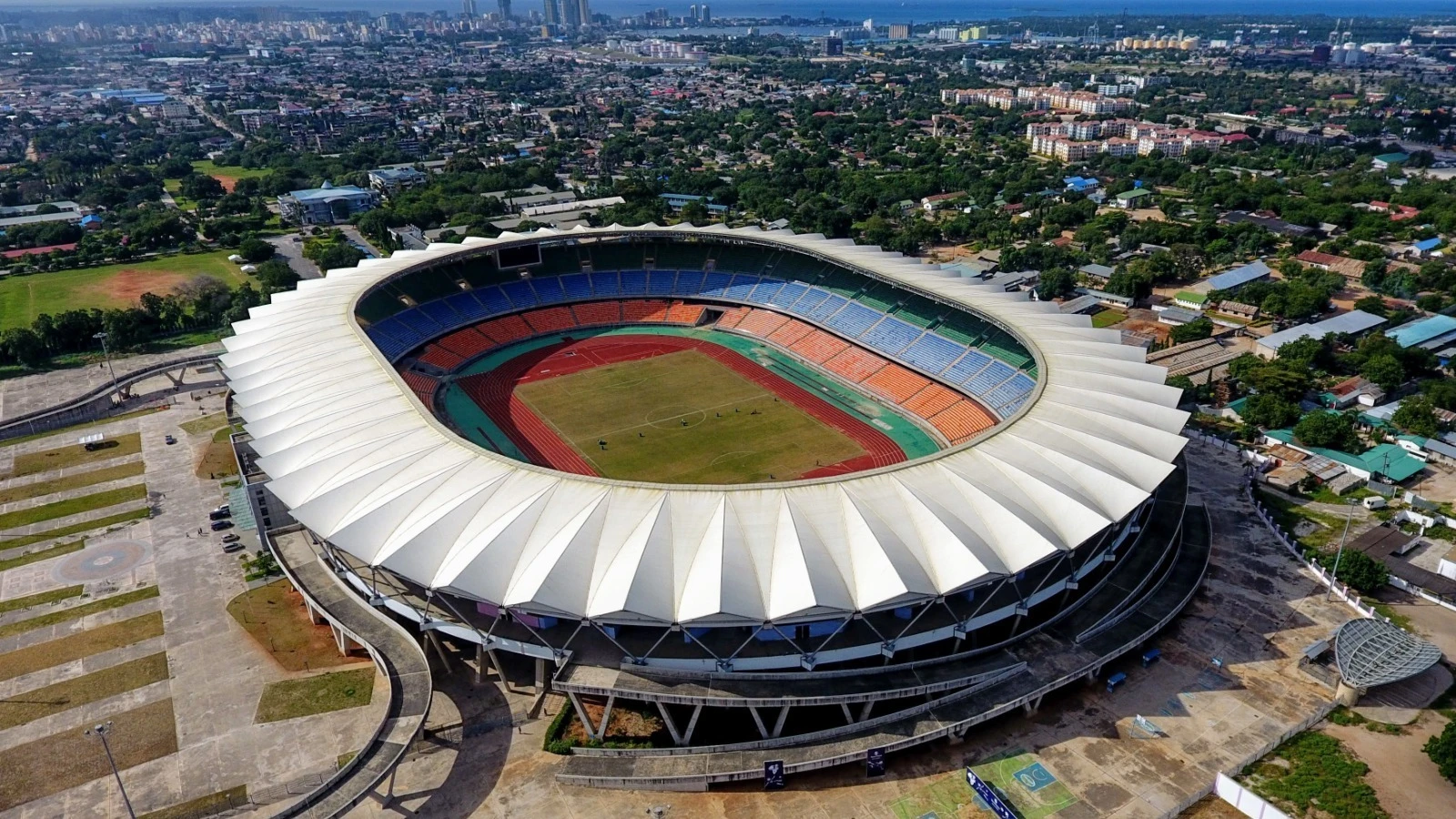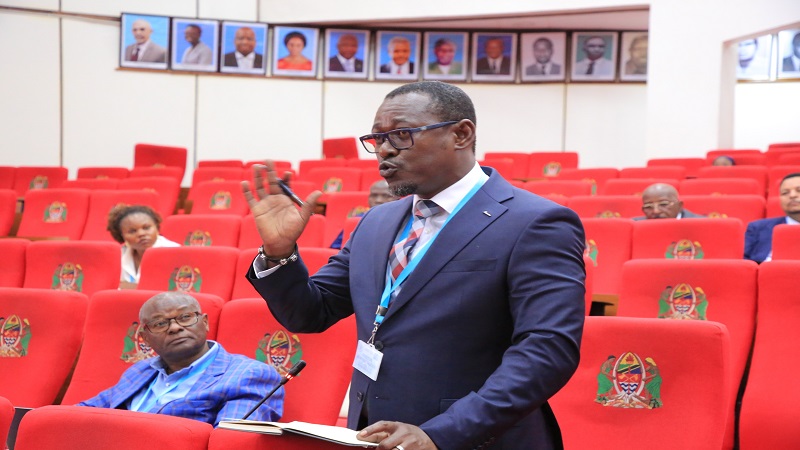TBA collects 4.3bn/- rental obligations out of 14.35bn/-

REVENUES at the Tanzania Building Agency (TBA) reached 4.3bn/- out of 14.35bn/- rental obligations expected from its tenants across the country.
Works minister Innocent Bashungwa made this observation in the National Assembly on Wednesday when tabling the ministry’s budget estimates for the 2024/2025 financial year.
Affirming that there was nonetheless an increase in rental collections, he said that efforts were still needed to ensure that all indebted clients pay their rent dues, vowing that no one will be spared from debt collection measures.
Remarking that the debt collection drive will be sustained, he cautioned that it is better for tenants to ensure that they pay their rent on time and those with big debts clear them to avoid inconveniences.
Without acting hard on tenants, the funds will be lost and thus affect the agency’s operations, so the ministry is working to ensure that the government gets what it is required to collect.
This way the tenants will live peacefully in the buildings, he said, while Selemani Kakoso (Mpanda Rural), who chairs the Infrastructure standing committee, advised the government to put in place new systems which facilitate easy collection of debts if it would penalise those who delay to pay required dues.
“All tenants whose institutions have failed to pay rent should be removed from the houses,” he urged, insisting that the government needs to act hard on the matter as it threatens to cripple TBA operations.
“We all know that there are many people out there who need the services,” he said, noting that good collection of debts facilitates building more residences to serve people and increase revenues.
An online profile says that TBA is not a real competitor of the National Housing Corporation (NHC) as TBA mainly focuses on housing for civil servants. “As TBA is not a real competitor, it represents an exciting and expansive stage of development in the sector,” it says.
Since the inception of the agency back in 2002, it had by the end of the decade put up 1,226 public housing units and sold over 7,499 houses to public servants, it said, affirming that TBA’s primary customer base comprises public servants.
The breadth of its customer needs stood at 400,000 with a projected average annual growth rate of 6.2 per cent that was set out in the 2013 to 2017 period. “This customer base and expected growth indicates a significant mismatch between demand and supply of public houses, and increases the need for us to grow our capacity in order to meet our customers’ needs,” the profile noted.
“Therefore, one of our key goals in this strategy period, 2012 – 2017, is to construct an additional 10,000 for selling and renting to public servants by 2017,” it stated, elaborating that .to guide this next stage of growth, TBA initiated a major planning process by soliciting input from a broad range of interested parties including TBA staff, key stakeholders within the government, prospective customers and business partners.
Through this process, the agency identified areas of strengths that TBA can capitalize on; uncovered weak areas within TBA that must be addressed in order to achieve the set growth target, and identified key opportunities to unlock and risks that must be mitigated along the way, the profile affirmed.
It singled out one of the biggest challenges TBA faces as the high debt owed by government institutions, which at the time the report was compiled stood at 17.5bn/-, noting that this situation has limited TBA’s ability to undertake development activities and in completing assigned consultancy projects. Accomplishing the goals outlined in its strategic plan requires significant resources to be generated and significant levels of energy, commitment and time on the part of TBA, the ministerial advisory board and the government,” the write up intoned.
Top Headlines
© 2025 IPPMEDIA.COM. ALL RIGHTS RESERVED






















